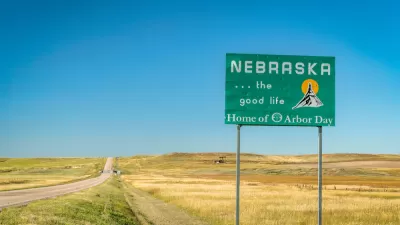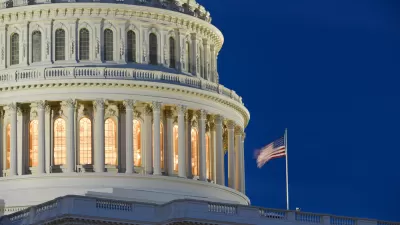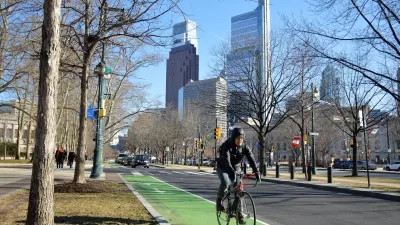The stimulus package promises to create new green jobs, but are they really the economic solution they're cracked up to be? This piece from Slate questions the common perception.
"The recently passed economic stimulus bill promises to create thousands of green jobs. Vice President Biden's new Middle Class Task Force devoted its first meeting, last Friday in Philadelphia, to praising their virtues. President Obama contends that his policies will deliver 5 million green jobs in the next two decades."
"The fundamental problem is that there's no solid evidence that green policies-even those aimed explicitly at creating jobs-will actually lower the long-term unemployment rate. Most of the research on how these sorts of programs might build up the work force simply tallies the payrolls, current or projected, of companies in renewable energy and other sectors. (Analyses typically include not only jobs installing solar panels or engineering algae for biofuels but also secondary activities like making widgets for use in windmills.) This approach is a natural winner: Green policies inevitably generate jobs in green industries, so the studies inevitably deliver good news. But skeptics argue that simple windmill-counting ignores an important fact: Every unit of energy generated from alternative sources displaces a similar amount generated by traditional means, so forgoing those other energy sources means giving up whatever jobs they were providing. This doesn't mean that greening the economy will have no net impact on jobs, but it muddies the math considerably."
FULL STORY: Barking Up the Wrong Tree

Maui's Vacation Rental Debate Turns Ugly
Verbal attacks, misinformation campaigns and fistfights plague a high-stakes debate to convert thousands of vacation rentals into long-term housing.

Planetizen Federal Action Tracker
A weekly monitor of how Trump’s orders and actions are impacting planners and planning in America.

Chicago’s Ghost Rails
Just beneath the surface of the modern city lie the remnants of its expansive early 20th-century streetcar system.

Bend, Oregon Zoning Reforms Prioritize Small-Scale Housing
The city altered its zoning code to allow multi-family housing and eliminated parking mandates citywide.

Amtrak Cutting Jobs, Funding to High-Speed Rail
The agency plans to cut 10 percent of its workforce and has confirmed it will not fund new high-speed rail projects.

LA Denies Basic Services to Unhoused Residents
The city has repeatedly failed to respond to requests for trash pickup at encampment sites, and eliminated a program that provided mobile showers and toilets.
Urban Design for Planners 1: Software Tools
This six-course series explores essential urban design concepts using open source software and equips planners with the tools they need to participate fully in the urban design process.
Planning for Universal Design
Learn the tools for implementing Universal Design in planning regulations.
planning NEXT
Appalachian Highlands Housing Partners
Mpact (founded as Rail~Volution)
City of Camden Redevelopment Agency
City of Astoria
City of Portland
City of Laramie





























